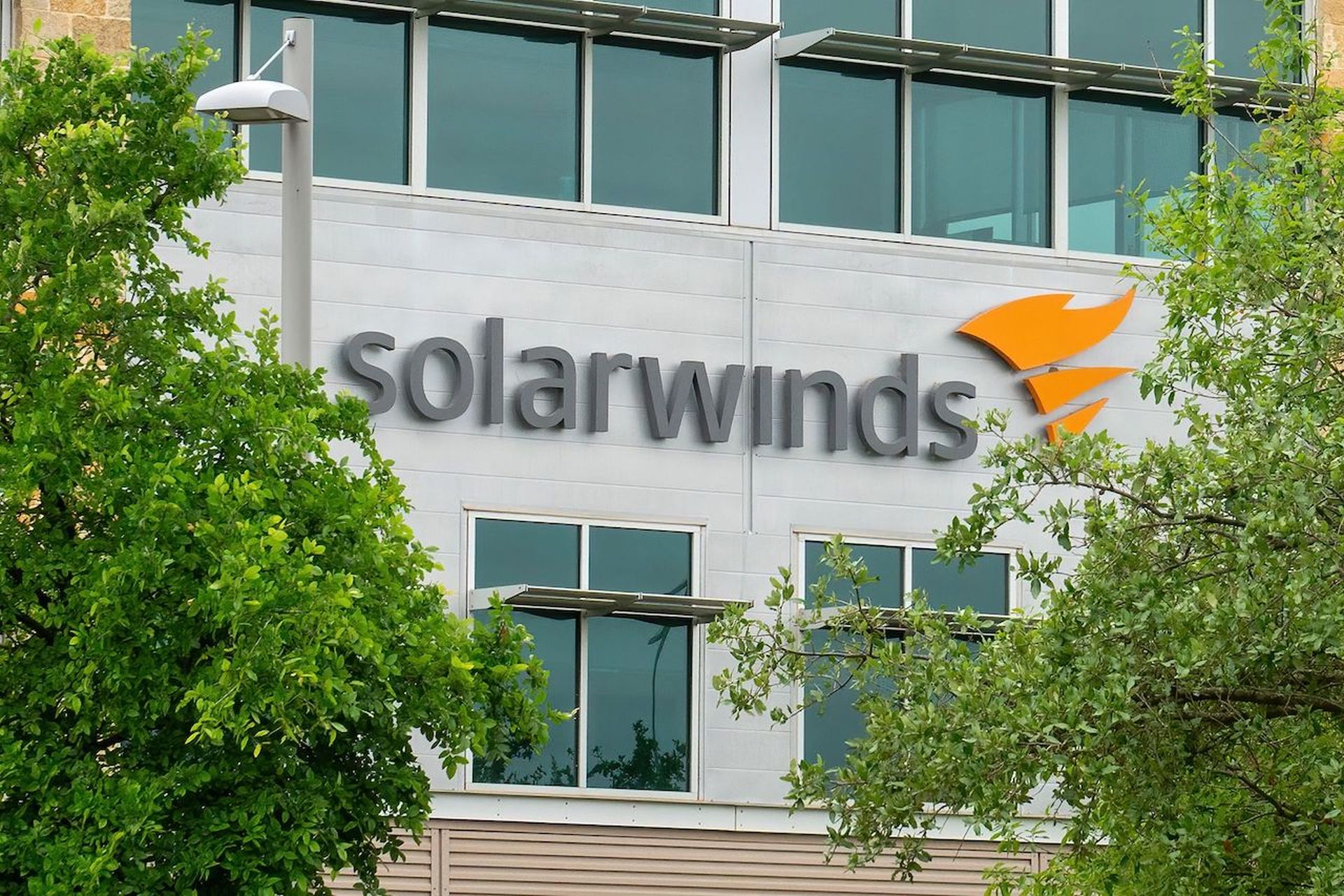Eight in 10 small businesses belonging to the National Federation of Independent Business (NFIB) association applied for a coronavirus (COVID-19)-related loan under the government’s Paycheck Protection Plan (PPP), a new survey conducted by the venerable advocate found.
Of those, 90 percent received a loan under the program. Despite the lofty figures, most small businesses with PPP funding remain confused about meeting its terms and conditions.
The program is administered by the federal Small Business Administration and is part of the $2 trillion CARES Act. It offers small businesses ravaged by COVID-19 forgivable loans to keep their workers on the payroll. Businesses must spend 75 percent of the money on payroll and 25 percent on non-payroll costs, such as mortgage interest, lease and utility payments, within eight weeks of receiving the funds for the borrowed amount to be waved off. The maximum amount a borrower can take from a PPP loan is 2.5 times their average monthly payroll.
Key findings from the survey include:
The majority of small businesses expect their expenses to be forgiven.
- 54% of owners with a PPP loan are expecting all of their expenses to be forgiven.
- 27% percent of borrowers expect at least 75% of loan expenses to be forgiven.
- Very few PPP borrowers are interested in using the funds as a low interest, two-year loans.
Complying with the PPP loan and loan forgiveness terms and conditions is challenging.
- 97% of PPP borrowers find the terms and conditions of the loan very difficult or difficult to understand.
- 12% of borrowers said spending the PPP loan within an eight-week period is very difficult.
- Nearly 50% of borrowers said matching their pre-crisis headcount for the loan to be forgiven is very difficult or difficult to reach.
- 38% of borrowers said the 75/25 rule is difficult to manage.
Additional financial support over the next 12 months may be needed.
- Nearly 25% of those who have taken out one or both loans anticipate that they will need additional support.
- 20% of borrowers do not anticipate needing additional support.
Some small business owners are competing with federal unemployment benefits.
- 18% of small business owners have had an employee decline a job offer because they wanted to stay on unemployment insurance (UI).
- 6% of owners have increased salaries to encourage a worker to come back to their job.
- 5% of owners said that an employee remained on the job with reduced hours because they also received supplemental UI benefits.
“Small businesses continue to face many challenges in operating their business in these difficult times,” said Holly Wade, NFIB research and policy analysis director. “Congress and the administration have the authority to further lighten the burden for many of their immediate concerns, especially in offering more flexibility for PPP loans.”
In results from an earlier NFIB survey released two weeks ago, small business optimism slid again in April, falling 5.5 points to 90.9, with owners expressing certainty the economy will weaken in the near-term but expecting it to improve over the next six months. The Optimism Index has fallen 13.6 points over the last two months, with nine of 10 Index components declining in April and one improving, NFIB said. The NFIB Research Center has collected Small Business Economic Trends data with quarterly surveys since the fourth quarter of 1973 and monthly surveys since 1986. Survey respondents are drawn from a random sample of NFIB’s membership.
The 77-year-old Nashville, Tennessee-based NFIB, which has some 325,000 members nationwide, did not specify how many of its constituents participated in either survey.




